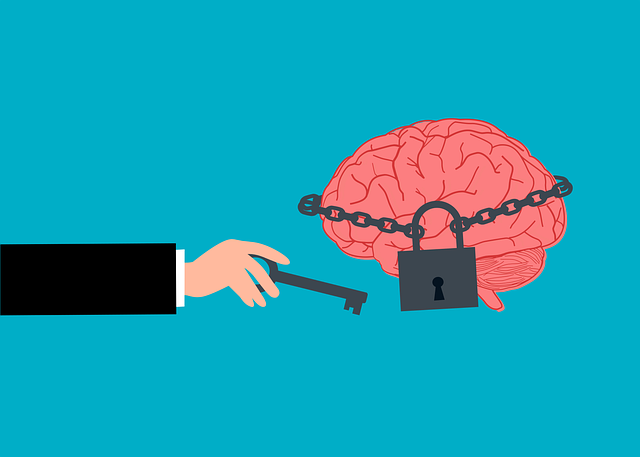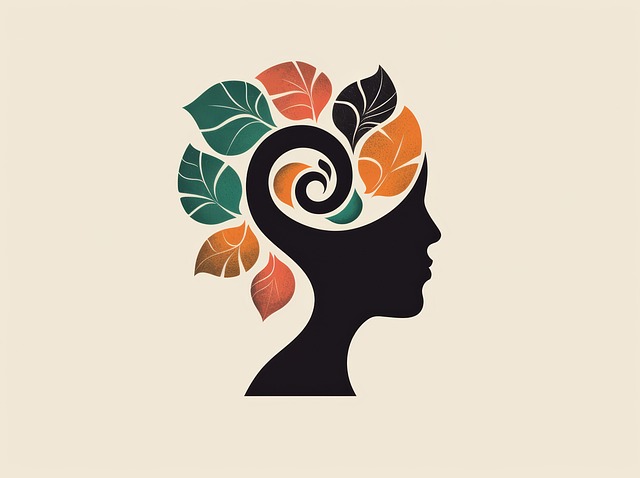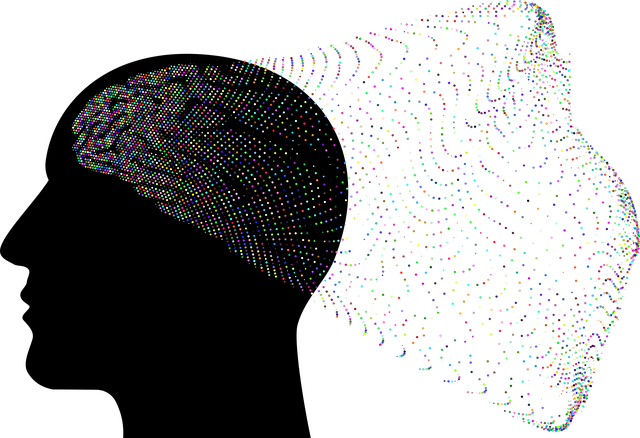Mental wellness group facilitation is a powerful tool transforming individual struggles into collective healing. Facilitators create safe spaces where participants share experiences, navigate mental health journeys together, and develop emotional growth, coping strategies, and enhanced self-esteem. Effective communication, active listening, and empathy cultivation are key to successful sessions. Holistic approaches, including burnout prevention and public awareness campaigns, revolutionize Therapy for Mental Health Evaluations, promoting resilience and reducing isolation. Interactive techniques like risk assessment exercises and self-awareness discussions optimize group dynamics and enhance therapeutic outcomes through inclusive environments that encourage open dialogue and personal growth. Evaluation methods combining questionnaires, interviews, and observations ensure success and inform tailored practices based on real-world data.
Mental wellness group facilitation is a powerful tool in enhancing individual well-being. This article explores essential techniques for professionals aiming to lead effective support groups. From establishing a safe space to employing strategic communication, facilitators play a pivotal role in engaging participants and fostering meaningful connections. We’ll guide you through creating inclusive environments, implementing successful engagement tactics, and evaluating the impact of these groups using evidence-based assessment methods, ensuring optimal mental health therapy outcomes.
- Understanding Mental Wellness Group Facilitation
- Creating a Safe and Supportive Environment
- Effective Communication Strategies for Facilitators
- Techniques to Foster Engagement and Participation
- Measuring Success: Evaluation Methods for Mental Health Groups
Understanding Mental Wellness Group Facilitation

Mental wellness group facilitation is a specialized skill that goes beyond simple conversation and support. It involves creating a safe, supportive space where individuals can connect with like-minded peers while navigating their mental health journeys. Facilitators play a crucial role in guiding these groups, fostering open dialogue, and promoting healing through shared experiences.
Understanding the dynamics of group therapy for mental health evaluations is essential. By bringing together individuals struggling with similar challenges, facilitators encourage emotional regulation, coping skills development, and self-esteem improvement. This collective approach allows members to learn from one another, gain new perspectives, and build resilience, ultimately enhancing their overall well-being.
Creating a Safe and Supportive Environment

Creating a safe and supportive environment is paramount when facilitating mental wellness groups. This begins with establishing clear boundaries and expectations from the outset, ensuring participants feel heard, respected, and valued. Facilitators should create a non-judgmental space where everyone feels comfortable sharing their experiences and thoughts openly. Incorporating compassion cultivation practices can foster this, encouraging empathy and understanding among group members. By promoting active listening and validating emotions, facilitators help individuals build resilience and reduce feelings of isolation, which are crucial aspects of therapy for mental health evaluations.
Additionally, the physical setting plays a role in cultivating a supportive atmosphere. Well-designed spaces that encourage interaction and privacy can enhance engagement. Implementing community outreach program elements can also strengthen group dynamics. Through collaborative efforts, facilitators can connect participants with relevant resources, ensuring ongoing support beyond sessions. This holistic approach, combining environment design, empathy cultivation, and resource accessibility, facilitates positive outcomes in mental wellness coaching programs development.
Effective Communication Strategies for Facilitators

Effective communication is a cornerstone for facilitators leading mental wellness groups. It involves active listening, ensuring every member feels heard and validated. Facilitators should create a safe space where individuals feel comfortable sharing their experiences and insights openly. Using inclusive language and reflecting on participants’ emotions demonstrates empathy, fostering a supportive environment crucial for therapy and mental health evaluations.
In addition to these practices, facilitators can incorporate techniques from burnout prevention strategies for healthcare providers, such as setting clear boundaries and practicing self-care, to maintain their well-being while supporting group members. Regularly checking in with the group and adapting communication styles based on individual needs is also essential. Public awareness campaigns development and crisis intervention guidance can further enhance facilitators’ ability to navigate sensitive topics, ensuring every session is both informative and therapeutic.
Techniques to Foster Engagement and Participation

Engaging participants actively is key to facilitating effective therapy for mental health evaluations and group sessions. As a mental health professional, employing diverse techniques can create an inclusive environment that encourages open dialogue and personal growth. One powerful tool is interactive risk assessment exercises, allowing members to explore potential triggers while building resilience. These activities not only enhance self-awareness but also foster a sense of collective support within the group.
Additionally, incorporating resilient-building exercises into your facilitation repertoire can strengthen participants’ coping mechanisms. Encouraging them to share personal stories and strategies in a safe space promotes learning from one another, fostering a supportive community. Self-awareness exercises, tailored to each individual’s mental health journey, enable members to recognize their unique strengths and challenges, ultimately enhancing their ability to engage in meaningful discussions and support their peers.
Measuring Success: Evaluation Methods for Mental Health Groups

Evaluating the success of mental wellness groups is an essential step to ensure the effectiveness of therapy for mental health and to foster emotional well-being promotion techniques. Various methods can be employed to measure progress, with each offering unique insights into the group’s dynamics. One common approach involves self-reported questionnaires, where participants reflect on their personal growth, coping skills development, and overall satisfaction with the group experience. These tools provide direct feedback from the individuals involved, allowing facilitators to identify areas of improvement and tailor their approaches accordingly.
Additionally, professional evaluators can employ structured interviews or observations to assess specific outcomes, such as depression prevention strategies. This method offers a more in-depth understanding of participants’ experiences, including their interactions with fellow group members and the facilitators. By combining these evaluation techniques, mental health professionals can gain comprehensive insights into the group’s success, inform their practices, and enhance the overall therapeutic journey for all involved.
Mental wellness group facilitation is a powerful tool in enhancing mental health support. By creating safe spaces, employing effective communication strategies, and utilizing techniques that encourage engagement, facilitators can significantly impact participants’ well-being. Regular evaluation using appropriate therapy for mental health assessments helps measure progress and adjust approaches accordingly. This structured approach ensures that groups foster meaningful connections, promote healing, and ultimately contribute to improved mental wellness outcomes.











